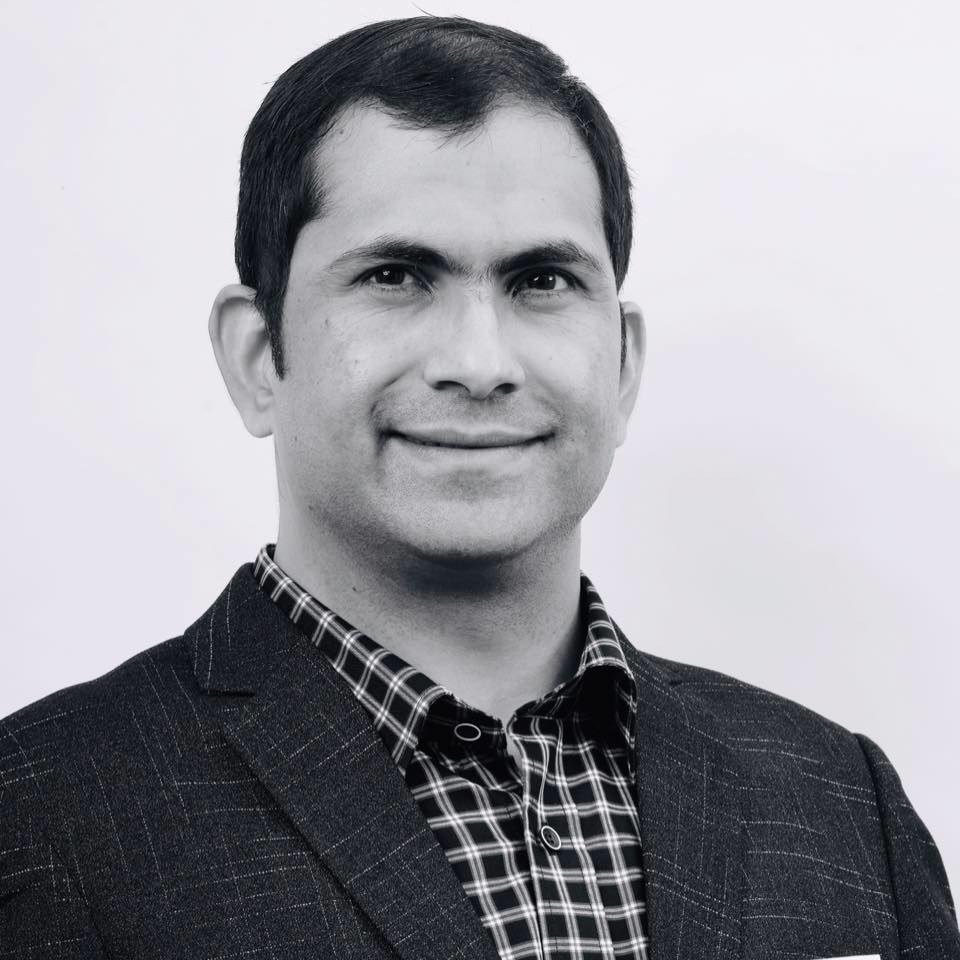
Ahsan Y. Chaudhary is a political and constitutional thinker exploring the anatomy of the state and the institutional causes of war and peace. His intellectual journey began nearly two decades ago in Pakistan, where, as a young law lecturer and practitioner, he encountered firsthand the disconnect between political theory and reality. While others debated ideologies, he began to question the very frameworks used to understand power, conflict, and governance.
Ahsan discovered early on that the state was too often treated as a singular actor—as something mythical, moral, or indivisible—rather than as an assembly of man-made institutions, each vulnerable to design flaws, capture, or decay. This early skepticism would only deepen when he moved to the United States for graduate study in political science. There, he learned that mainstream scholarship often prioritized the noise of politics over the machinery of the state, glorifying sovereignty while sidelining accountability.
Over time, this dissatisfaction evolved into a new theoretical framework: the Medical Approach to Peace. In this view, the state is not an abstraction, but a living organism. Institutions are its organs. Laws are forms of medicine. Conflicts, like diseases, arise when organs are misaligned, overburdened, or ideologically hijacked. Just as physicians study symptoms to diagnose illness, Ahsan calls for empirical methods to evaluate whether institutions are delivering justice, curbing domination, and distributing public goods effectively.
His approach draws from multiple disciplines—constitutional law, institutional economics, and biology—while resisting the reductionism of each. He offers not just critique but prescription: laws must be tested for side effects, legislatures monitored like pharmaceutical enterprises, and constitutions treated as forms of preventive care. Peace, in this framework, is not merely a diplomatic outcome—it is the prognosis of a functional institutional ecosystem.
To share and refine these ideas publicly, Ahsan writes at Prescriptive Peace, a Substack publication where he examines legislation, state behavior, and institutional design through the lens of diagnostic rigor. His writing informs scholars, practitioners, and reformers who seek to move beyond ideologies and toward structural accountability.